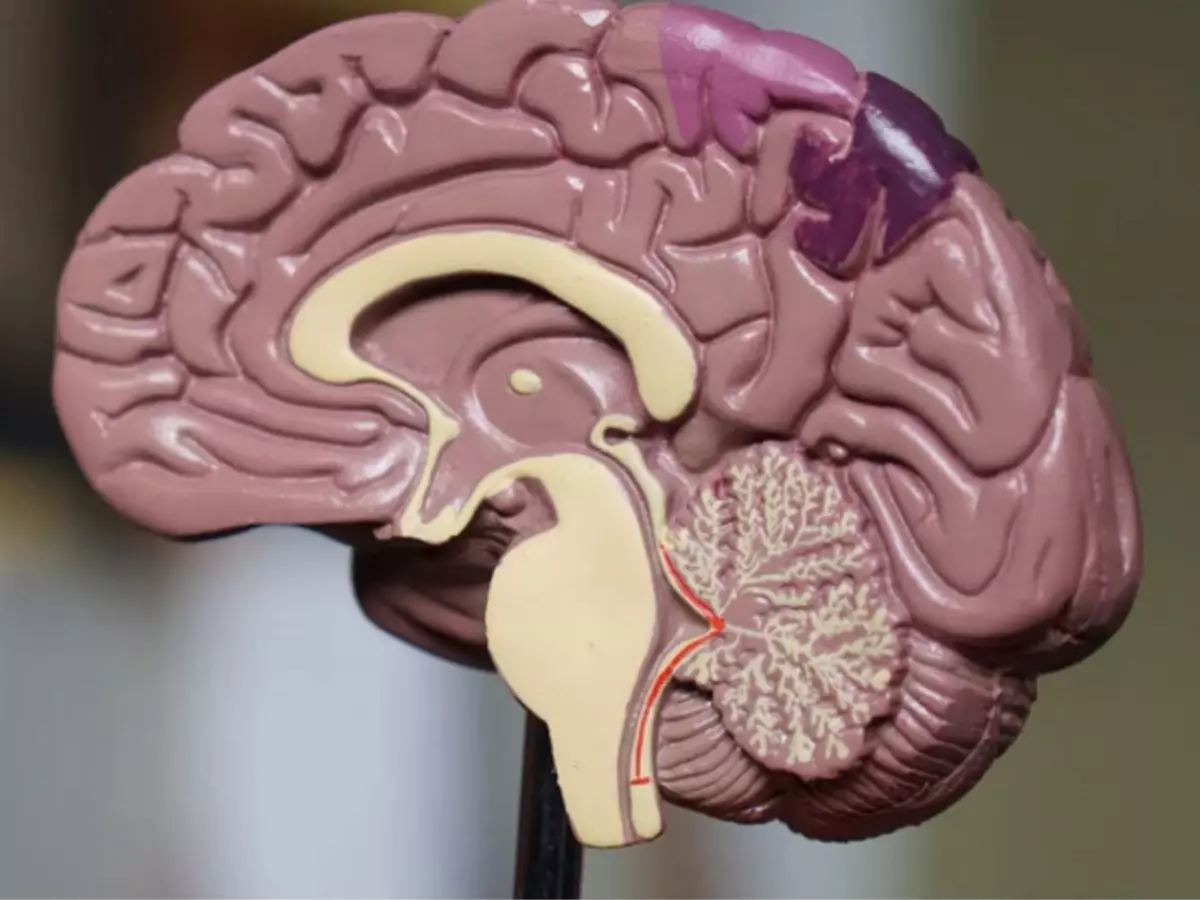AI Predicts Onset Of Alzheimer's Disease With 99% Accuracy
AI is making great strides in diagnosis of elusive diseases. Now, a new AI model was able to predict Alzheimer's onset with 99 per cent accuracy!

Artificial intelligence is changing the future of healthcare, especially in terms of diagnosis. AI algorithms fed with diagnostic data are able to predict the outcomes better than many doctors.
Even though AI isn't the predominant player in healthcare yet, fresh studies are shedding light on its impressive capabilities. Researchers from Kaunas University in Lithuania recently developed an AI-driven method to predict the onset of Alzheimer's disease.
A stellar success rate
The method assessed brain images and was able to predict the progression of the disease with accuracy of a WHOPPING 99 PER CENT! The scientists used MRI images from 138 participants and found that the AI showed impressive results across metrics like accuracy, specificity, and sensitivity.
 Unsplash
Unsplash
Alzheimer's disease is responsible for dementia around the world, and the World Health Organization (WHO) claims that it now contributes to 70 per cent of dementia cases.
Also read: Groundbreaking: AI Successfully Detects Dementia Before Symptoms Show
About 24 million people are affected by Alzheimer's, with the number expected to jump over the next two decades with aging populations to rise across societies. Alzheimer's earliest symptoms include mild cognitive impairment (MCI) - which is the limbo between normalcy and dementia for most patients.
 Unsplash
Unsplash
How will AI help in Alzheimer's diagnosis?
The deep-learning AI model for detecting Alzheimer's onset was able to detect MCI features among the 138 participants with over 99 per cent accuracy. In total, 51,443 and 27,310 images from The Alzheimer's Disease Neuroimaging Initiative were fed to the AI algorithm.
Also read: COVID May Leave Patient's Brain With Affects Like Alzheimer's & Parkinson's Disease, Says Study
The algorithm, if developed into a software could help with early detection of the disease especially among those who don't necessarily show symptoms. The chief researcher of the study hopes to expand the AI model into a more complex entity to register more symptoms.
 Unsplash
Unsplash
For this, they hope to integrate other signifiers of well-being like eye movements, face reading, analysis of voice, etc. Artificial intelligence is making great strides in healthcare, police work and general data upkeeping.
Hit us with a comment below if you think AI is the future. And as always, don't forget to read / daily for the latest in science and tech.
